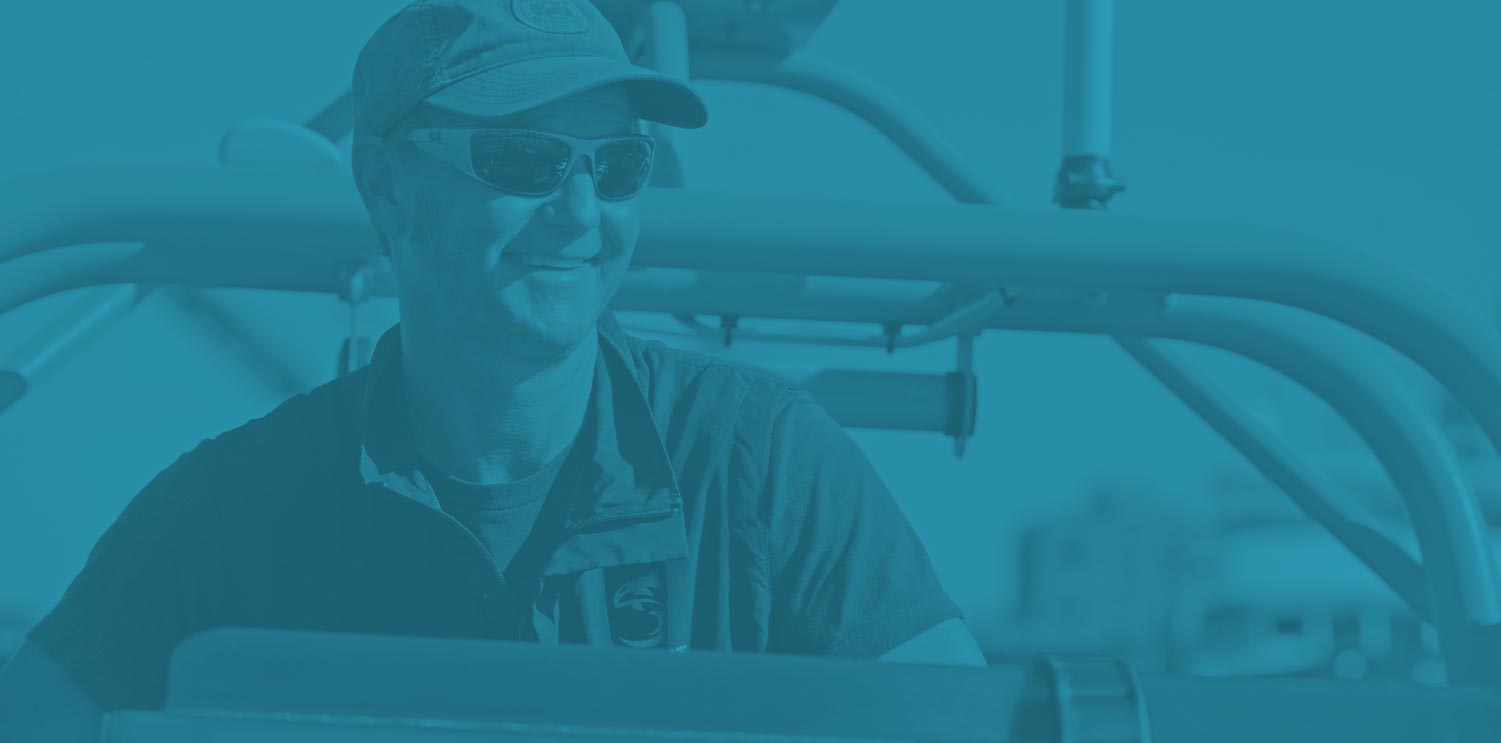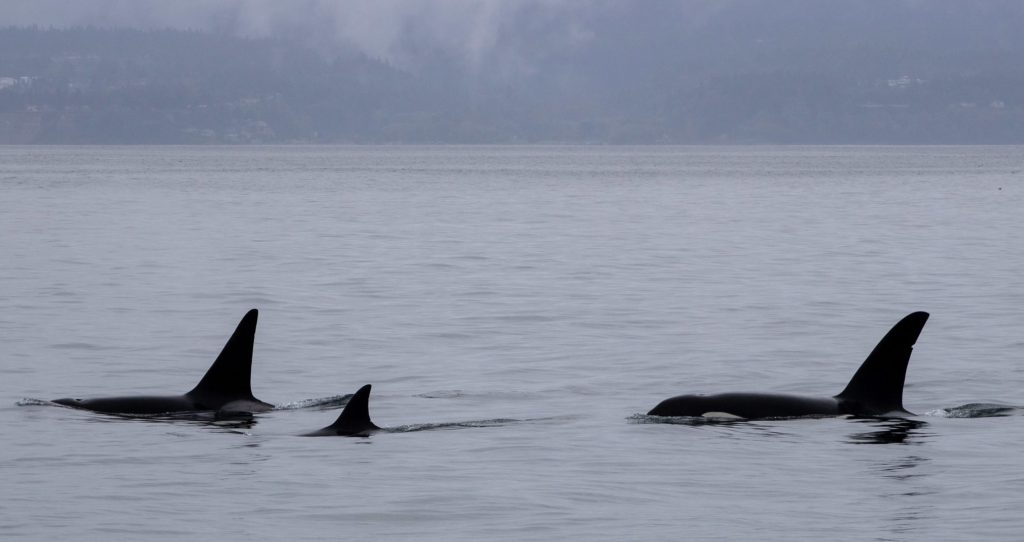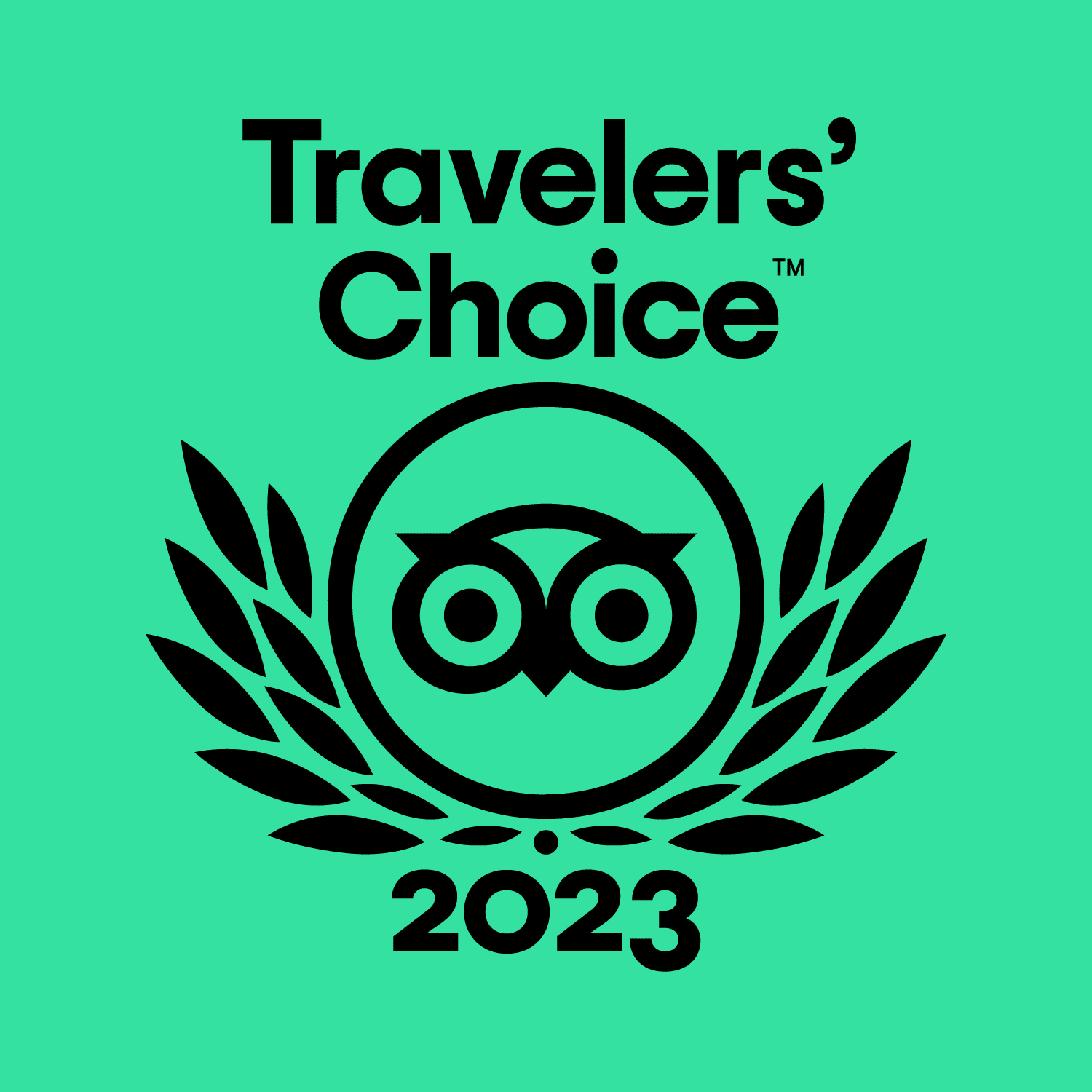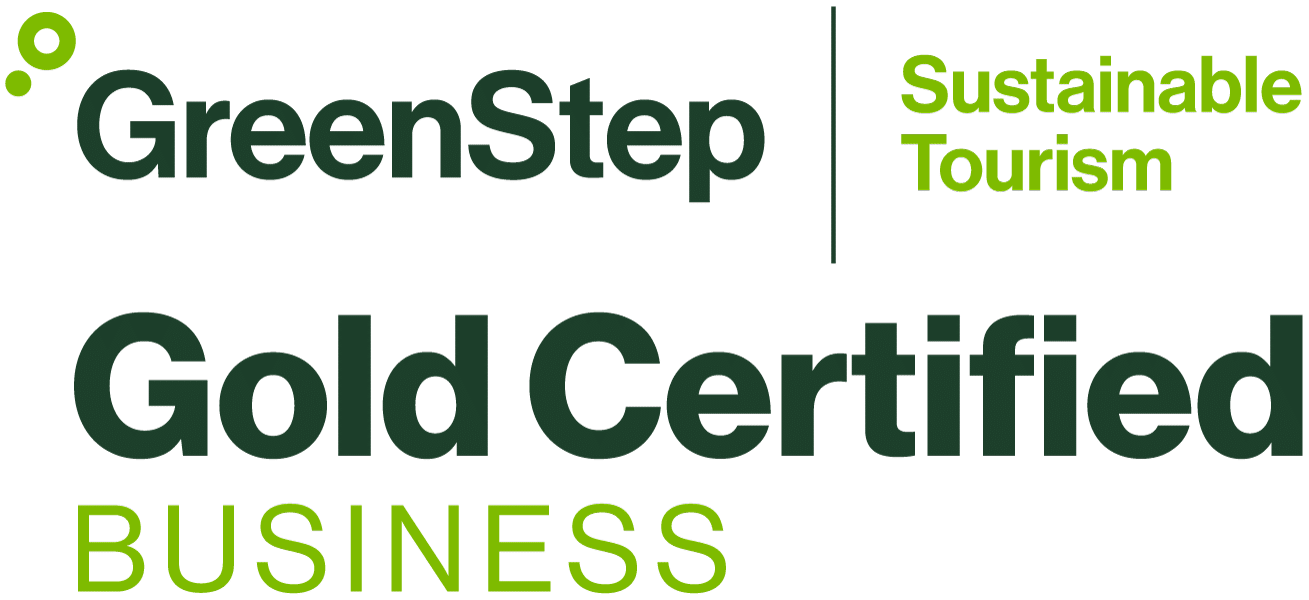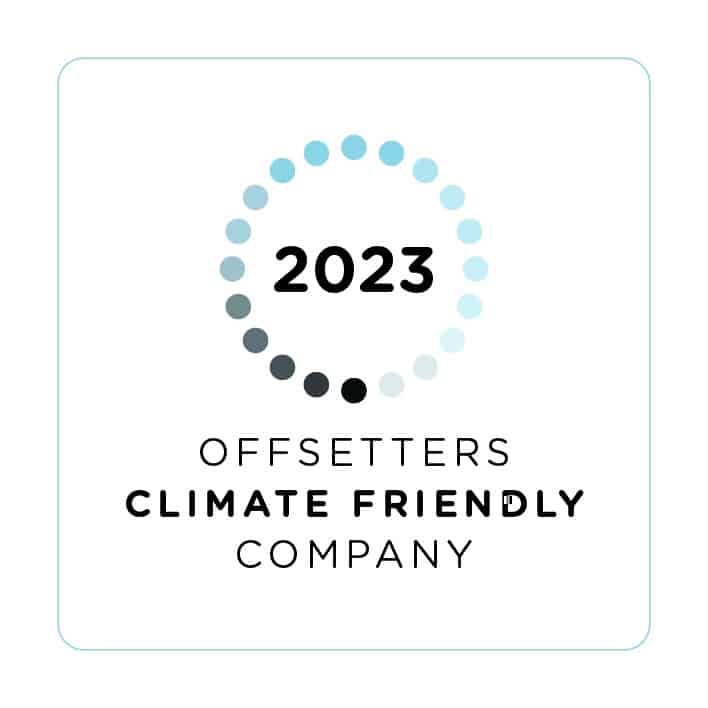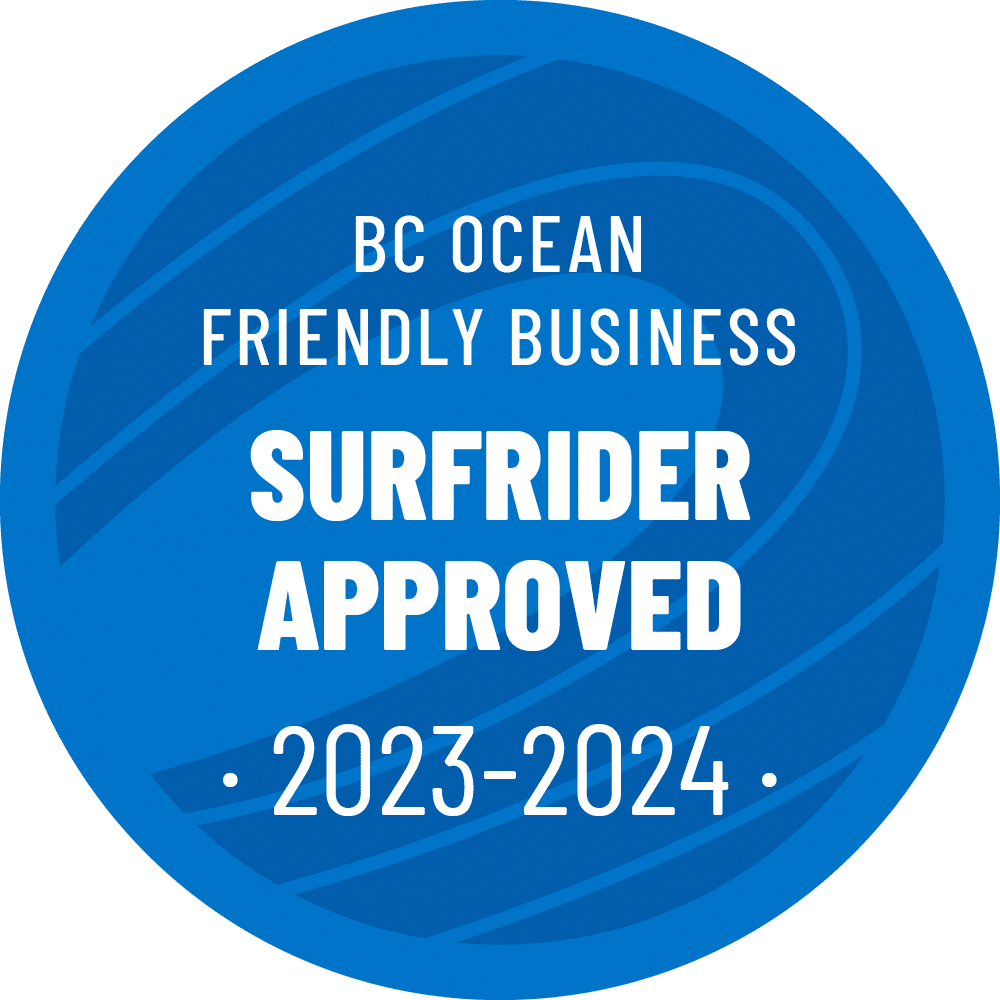Family Day (February 17th) is an important time to celebrate those we love and at Orca Spirit Adventures we consider all the whales and wildlife we watch members of our family! To mark Family Day 2020, we adopted a Bigg’s (Transient) Killer Whale Family known as the T018 matriline from Ocean Wise – Wild Killer Whale Adoption Program.
Photo: Adoption Certificate (left) and Ocean Wise’s Wild Killer Whale Aquadopt Adoption Kit (right)
The T018 family is a well-known and loved family of mammal-hunting orcas that frequent the Salish sea throughout the year. They are a three-generational family starting with Esperanza (T018) who is estimated to have been born around 1955. Esperanza was named after Esperanza Inlet on the west coast of Vancouver Island. Esperanza is the mother of Mooyah (T019), who was born around 1965. Mooyah was named after Mooyah Bay in Nootka Sound, also on the west coast of Vancouver Island. Mooyah is the proud mother of two males named Galiano (T019B) and Spouter (T019C).
First photo: Grandmother Esperanza (T018) followed by her daughter Mooyah (T019). Second photo: Twenty-five-year-old Galiano (T019B) whose dorsal fin leans to the left. Third photo: Nineteen-year-old Spouter (T019C). All photos were taken by Rachael Merrett, Orca Spirit Adventures Marine Naturalist
The T018 family is very easy to identify thanks to the giant dorsal fin of Galiano. His fin is so wide, it actually leans to the left when he surfaces above the water! Some naturalists affectionately call him “The Monster” because of the monstrous size of his fin.
This family is also famous for attacking and eating Minke whales on the southern coast of British Columbia in 2003. As mammal-hunters, Bigg’s killer whales are known to eat seals, sea lions, porpoises, dolphins, and occasionally other whales. It is always an exciting day when we get to see this iconic family!
Photos from top to bottom, left to right: Harbour Seals (Rachael Merrett), Steller Sea Lion (Leah Vanderwiel), Dall’s Porpoise (Alex Foreman), Pacific White-sided Dolphin (Alex Foreman), Grey Whale (Rachael Merrett), Minke Whale (Corey Vink) – Orca Spirit Adventures Marine Naturalists
Bigg’s Killer Whales are an extremely frequent sight on our whale watching tours as they move up and down the coast of the Pacific Northwest in search of food. Approximately 500 Bigg’s have been identified in this genetically distinct population, and their numbers are on the rise in part due to healthy populations of their main food sources: seals, sea lions, and porpoises. We can identify every individual based on their unique dorsal fins, eyepatches, and saddle patches. They travel in small family groups but are commonly seen socializing with other families.
Adoptions Support Wild Killer Whale Research
By adopting the T018 family, we are supporting very important conservation-oriented research on wild orcas in local waters by the Marine Mammal Research Program. Some of the ground-breaking research supported over the last 25 years are:
- Contributing to an annual photo-identification-based census of killer whales in British Columbia to monitor births, deaths, and changes in distribution;
- Identifying and describing pod specific dialects in resident killer whales, and using genetic and acoustic evidence, confirming the separation of three fundamentally different types of killer whales in B.C.;
- Identifying differences in echolocation use and function by resident and Bigg’s killer whales, and differences in their anatomy;
- Discovering that northern resident killer whales use a clan-based mating system to avoid inbreeding, and;
- Aiding in the rescue, rehabilitation, and release of Springer (A73); and the rescue of Sam (T046C2), a 4-year-old Bigg’s killer whale that was trapped in a small, remote bay.
(Research project list taken from the Wild Killer Whale Adoption Program Website)
Through the Wild Killer Whale Adoption Program, you can adopt Bigg’s (Transient) Killer Whales, Northern Residents, or Southern Residents. You also have the option to adopt an individual whale or a family pod. Meet the whales available for adoption!
More Adoption Options!
Every year we also adopt members of the Southern Resident Killer Whale community through the Orca Adoption Program from the Whale Museum on San Juan Island, Washington. In August of 2019, we adopted 27-year-old Wave Walker (L-88) a male from L-pod, and Slick (J-16) who is the loving mother of Mike (J-26), Alki (J-36), and Echo (J-42).
certificates for Wave Walker (L-88) and Slick (J-16), from the Whale Museum’s Orca Adoption Program
Funds raised from the adoptions support the amazing exhibit hall on San Juan Island where people from around the world can learn about the endangered Southern Resident Killer Whales and other local marine wildlife. The Whale Museum also gives presentations and guided tours, they host research lectures, offer Marine Naturalist Training Programs and children’s programs.
Their research includes:
- The Seasound Remote Sensing Network, which includes the hydrophones (underwater microphones) at the Lime Kiln Point lighthouse. The hydrophones help monitor underwater noise which can affect an orca’s ability to communicate and find prey.
- The Whale Hotline. Since 1976, the Whale Museum has kept a database of orca and other marine mammal sightings in the local area. This data helps determine use & frequency of the area by different species, which in turn helps identify critical habitat for wildlife.
- The San Juan County Marine Mammal Stranding Network. Necropsies are often performed on animals that wash up deceased, which provides invaluable data about the health condition of the animal and can help determine the cause of death.
- The Soundwatch Boater Education Program. This on-the-water program is both education & research. The research effort includes characterizing vessel trends over time in the presence of whales.
(Research project list taken from the Whale Museum’s Adopt an Orca Website)
Humpbacks Need Our Help Too!
Over the past several years, Humpback whales have gone from being a species we mainly saw in the fall months to a species that we see several times a week from spring all the way into January! Humpbacks are baleen giants that feed in the cold, bountiful waters of the Pacific Northwest. Every season we help researchers identify what individual humpbacks have visited our area by submitting photos of their flukes to the Marine Education and Research Society, Fisheries and Oceans Canada, Center for Whale Research, and HappyWhale.
We are so excited to see the return of humpbacks to our area, giving our guests the opportunity to see this magnificent species of whale. In honour of all the humpbacks that visit our local waters, we now sponsor a humpback whale named Argonaut (BCY0729) through the Marine Education and Research Society’s (MERS) “Sponsor A Humpback Whale” program! Argonaut is a male humpback who was first spotted by MERS in October of 2009. Eleven years later, they have spotted him over 1000 times feeding off the coast of BC! Sponsorship money goes to support the amazing work that MERS does on our beautiful BC coast.
The Marine Education and Research Society is a non-governmental organization located right here on Vancouver Island in Port McNeill! Their research efforts focus on humpback and minke whales off the coast of British Columbia. They also study foraging success rates of killer whales. MERS also has a strong focus on education to spread the word about marine conservation. They run very important programs such as their See a Blow? Go Slow! campaign to reduce the risk of collision between whales and boats and How to Save a Whale campaign which educates people about whale entanglement. MERS also runs workshops for marine naturalists and give public presentations to educate people about whales and safe behaviors while on the water.
Our Challenge to You!
Celebrate Family Day with us by adopting or sponsoring a whale or family pod too! Share your adoption stories on Facebook and Instagram by using the hashtag #FamilyDayWhaleAdoption! When we all work together to protect wildlife and the environment, we can ensure that they thrive into the future, and generations to come can experience the wonder and excitement of the natural world!


